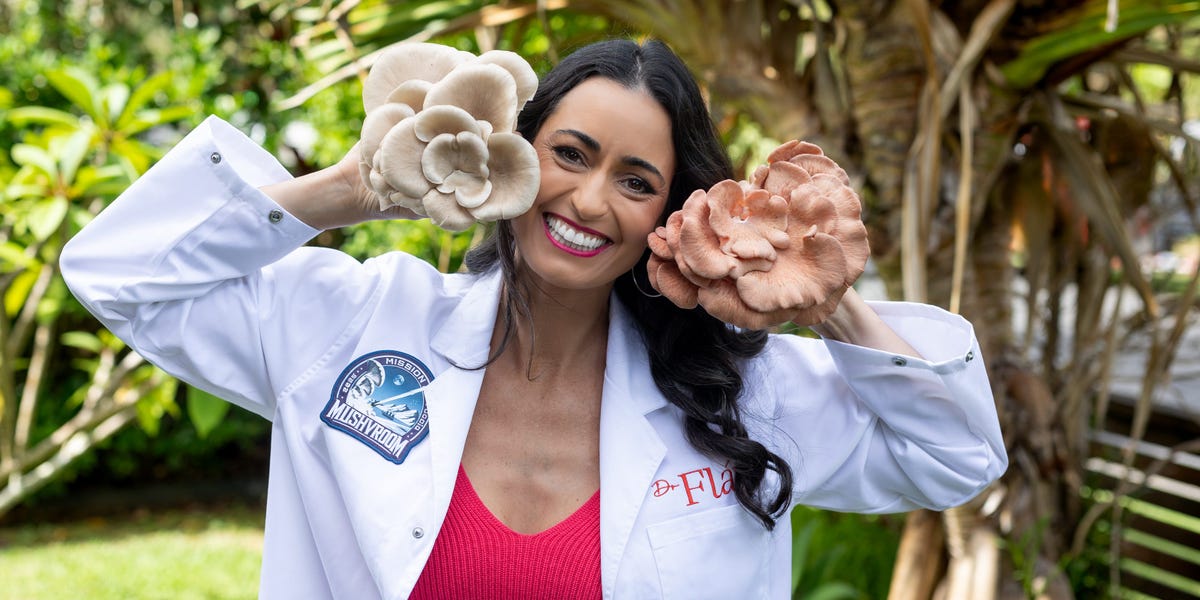Cosmic Cuisine: How Mushrooms Could Make Mars Missions More Delicious

In a groundbreaking collaboration that bridges nutrition science and space exploration, Dr. Flavia Fayet-Moore has achieved a remarkable milestone by partnering with NASA and SpaceX to launch the first mushrooms into orbit. This innovative project represents a significant leap forward in understanding how fungi might play a crucial role in future space missions.
As a pioneering space nutritionist, Fayet-Moore is pushing the boundaries of what's possible in extraterrestrial nutrition and sustainable space travel. Her research aims to explore the potential of mushrooms as a versatile and nutritious food source for astronauts, potentially revolutionizing how we approach sustenance beyond Earth's atmosphere.
The mission marks an exciting intersection of culinary science, nutrition, and space exploration, highlighting the incredible potential of mushrooms as a compact, nutrient-dense food that could support human health in the challenging environment of space. By sending these remarkable fungi into orbit, researchers hope to unlock new insights into their adaptability and nutritional value in zero-gravity conditions.
This pioneering experiment not only showcases the innovative spirit of space research but also opens up exciting possibilities for future long-duration space missions, where sustainable and nutritious food sources are critical to astronaut health and mission success.
